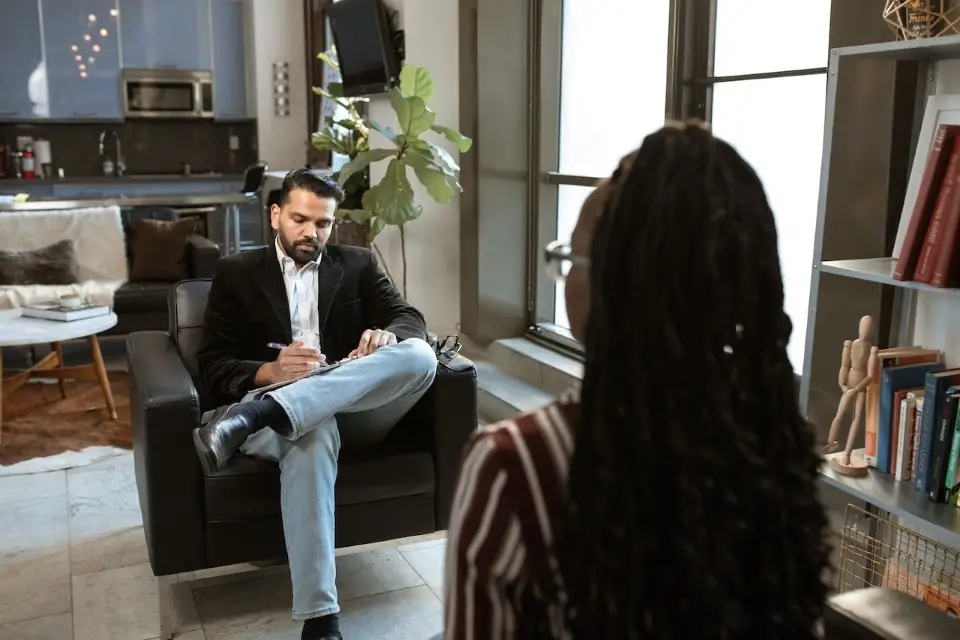When a minor child is injured in an accident, it can be a stressful and confusing time for the child and their parents or guardians. One of the steps that may need to be taken is to settle a personal injury claim for the child. In this article, we will discuss the process of settling personal injury claims for minors with the help of an accident lawyer.
What is a Personal Injury Claim for a Minor?
Definition of a Personal Injury Claim
A personal injury claim is a legal case that is filed by an injured individual or their representative against the person or entity that caused the injury. The goal of the claim is to seek compensation for the injuries sustained, including medical expenses, lost wages, and pain and suffering.
Relevance for Minors
Minors, like adults, can also suffer personal injuries in accidents, such as car accidents, slip and falls, and medical malpractice. However, since minors are under the age of 18, they cannot legally file a personal injury claim in their own name and must have an adult, usually a parent or legal guardian, file on their behalf.
How It Differs from Adult Claims
Personal injury claims for minors can differ from those of adults in that they may require court approval of a settlement agreement. Additionally, considerations of the best interest of the minor must be taken into account when settling a financial award.
How Is a Settlement Reached?
What is a Settlement Agreement?
A settlement agreement is a legal document that outlines the terms of a settlement between the injured party and the person or entity responsible for the injuries. It typically includes an amount of compensation that will be paid to the injured party as well as any conditions or stipulations that both parties agree to.
Factors Influencing the Settlement
When determining the amount of compensation to be awarded in a personal injury settlement, various factors may influence the decision. Such factors may include the extent of the injuries, the duration and costs of medical treatment, and the impact the injury has on the minor’s quality of life.
Best Interest of the Minor
The best interest of the minor is a primary consideration in settling a personal injury claim for a minor. In situations where it may not be clear what is in the best interest of the minor, a judge may be called upon to make that determination and approve the settlement.
What Is the Process of Settling a Personal Injury Claim for a Minor?
Role of the Personal Injury Attorney
A personal injury attorney can provide valuable assistance in settling personal injury claims for minors. The attorney can help gather evidence, negotiate with insurance companies or opposing parties, and draft and file the necessary legal documents.
Court Approval of the Settlement Agreement
In some cases, court approval may be required for a personal injury settlement involving a minor. A judge will need to review the case and settlement agreement to ensure that it is in the best interest of the minor.
Parent or Legal Guardian’s Involvement
Since a minor cannot legally act as their representative in a personal injury case, their parent or legal guardian must be involved throughout the process. This includes signing legal documents and making decisions related to the case on behalf of the minor.
How Is the Settlement Money Handled for a Minor?
Structured Settlement for Minors
A structured settlement can be an option when settling personal injury claims for minors. This involves the payment of a fixed amount over a period of time, rather than a lump sum payment. This ensures that the minor has a steady stream of income to cover medical expenses and other costs over time.
Investing the Settlement Money
Another option for handling settlement funds for a minor is to invest the money. This can help ensure that the funds are protected and continue to grow until the minor reaches the age of 18.
When the Minor Turns 18
When a minor turns 18, they will legally be able to receive the settlement funds and manage them themselves.
What Happens if the Settlement is Not Approved by a Court?
Filing a Petition on Behalf of a Minor
If a court does not approve a settlement for a minor, a petition can be filed with the court on behalf of the minor. This may involve providing additional evidence or making changes to the settlement agreement.
Court Considerations for Approval
When considering whether to approve a settlement for a minor, the court will take into account various factors, including the best interest of the minor and the nature and extent of the injuries sustained.
Statute of Limitations
It is important to note that there is a statute of limitations for personal injury claims, including those for minors. This is the amount of time following the injury during which a claim can be filed. Therefore, it is important to seek legal advice promptly after an injury occurs.
Conclusion
While settling personal injury claims for minors can be a complex process, working with an experienced personal injury attorney can help alleviate some of the stress and uncertainty. By understanding the best practices for settling personal injury claims for minors, parents and guardians can ensure that their child receives the compensation they deserve.
Q: What is a personal injury settlement for minors?
A: A personal injury settlement for minors is an agreement between the injured minor, their legal guardian or parent, and the party responsible for the injury. It compensates the minor for the harm caused by the injury.
Q: Can a minor file a lawsuit for a personal injury settlement?
A: Yes, a minor can file a lawsuit for a personal injury settlement. However, they require the representation of a personal injury attorney or their legal guardian/parent must do it on their behalf.
Q: What is the statute of limitations for settling a minor’s personal injury claim?
A: The statute of limitations for settling a minor’s personal injury claim varies from state to state, but is typically two to three years from the date of the accident or injury.
Q: Why do personal injury settlements for minors require court approval?
A: Personal injury settlements for minors require court approval to ensure that the settlement is in the best interest of the child. The court acts as a safeguard for the rights of the minor and ensures that the settlement is fair and reasonable.
Q: What happens when a minor turns 18 before settling their personal injury claim?
A: When a minor turns 18 before settling their personal injury claim, they become legally able to settle the claim on their own. However, if the claim has not been settled, they will need to work with a personal injury attorney to ensure that their rights are protected.
Q: Can a parent or legal guardian settle a minor’s personal injury claim without court approval?
A: No, a parent or legal guardian cannot settle a minor’s personal injury claim without court approval. The court must approve the settlement to ensure that it is in the best interest of the child.
Q: What is the role of a personal injury attorney in settling a minor’s personal injury case?
A: A personal injury attorney plays a crucial role in settling a minor’s personal injury case. They represent the interests of the minor, guide the family through the legal process, and ensure that the settlement is fair and reasonable.
Q: What is a structured settlement for a minor’s personal injury claim?
A: A structured settlement for a minor’s personal injury claim is a settlement where the minor receives payments over a period of time, rather than a lump sum payment. This type of settlement can often provide long-term financial stability for the injured minor.
Q: What does it mean for a court to approve a minor’s personal injury settlement?
A: For a court to approve a minor’s personal injury settlement, they must review the terms of the settlement and ensure that it is in the best interest of the child. This includes considering factors such as the amount of the settlement, attorney’s fees, and the long-term needs of the minor.
Q: Why does a minor’s personal injury settlement require approval even if the settlement amount is small?
A: A minor’s personal injury settlement requires approval, even if the settlement amount is small, to safeguard the rights of the child. The court takes into account the interest of the minor and reviews every case impartially to prevent abuse or unfair opportunities.







